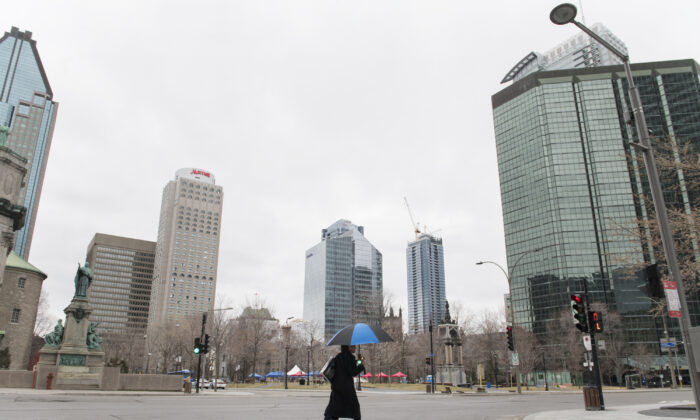Commentary
People naturally look for the easiest, quickest, and simplest solution to a problem. When suffering from headaches, most people prefer taking a pill to researching what might be causing the headaches. Taking a pill to get rid of an unpleasant symptom is not wrong. But when symptoms persist, it becomes necessary to delve deeper into the root cause.
This same human impulse to find quick and easy solutions can be seen in politics and law: people hope that improving the wording of a law will solve their problems and protect them from abuse by government. Current controversies
about revising the Alberta Bill of Rights are an example.
The
Alberta Bill of Rights is provincial legislation that (in theory) requires every law of Alberta to be construed and applied so that it does not infringe the individual’s freedoms of religion, speech, assembly, association, etc. The Alberta Bill of Rights also protects (in theory) the right to liberty, security of the person, and enjoyment of property, and the right not to be deprived thereof except by due process of law.
However, the Alberta Bill of Rights did not assist
Sheila Annette Lewis when she fought for her right to a life-saving organ transplant that was denied to her because she refused to get injected with the COVID vaccine that was still in clinical trials at the time. Lawyers provided to Ms. Lewis by the Justice Centre expressly argued the Alberta Bill of Rights. The Alberta Court of King’s Bench declared that “there is no need to consider the claim under the Alberta Bill of Rights because if the Charter claims fail, her claim under the Alberta Bill of Rights will necessarily fail as well.”
Sheila Annette Lewis died in August 2023, even after proving that she had acquired natural immunity to COVID, and long after the government’s “safe and effective” claim about the vaccine had been discredited.
In another ruling,
Ingram v. Alberta, the court declared that lockdowns “were clearly enacted for a valid legislative purpose, to control the spread of the Covid-19 virus and to protect the healthcare system and vulnerable persons.” On that basis, the court upheld the violation of the rights and freedoms supposedly protected by the Alberta Bill of Rights. This reasoning is slightly different from what is found in Sheila Annette Lewis v. Alberta Health Services, but the outcome is identical: Courts are now interpreting the Alberta Bill of Rights as not providing any protection to citizens.
When it comes to protecting the rights and freedoms of citizens, the Canadian Charter of Rights and Freedoms has not proven to be better than the Alberta Bill of Rights. Under Section 1 of the Charter, judges have upheld lockdowns, travel restrictions, and vaccine passports as justified violations of our Charter rights and freedoms. Judges have done so without even explaining in their rulings why they preferred the government’s evidence over the evidence presented by citizens.





